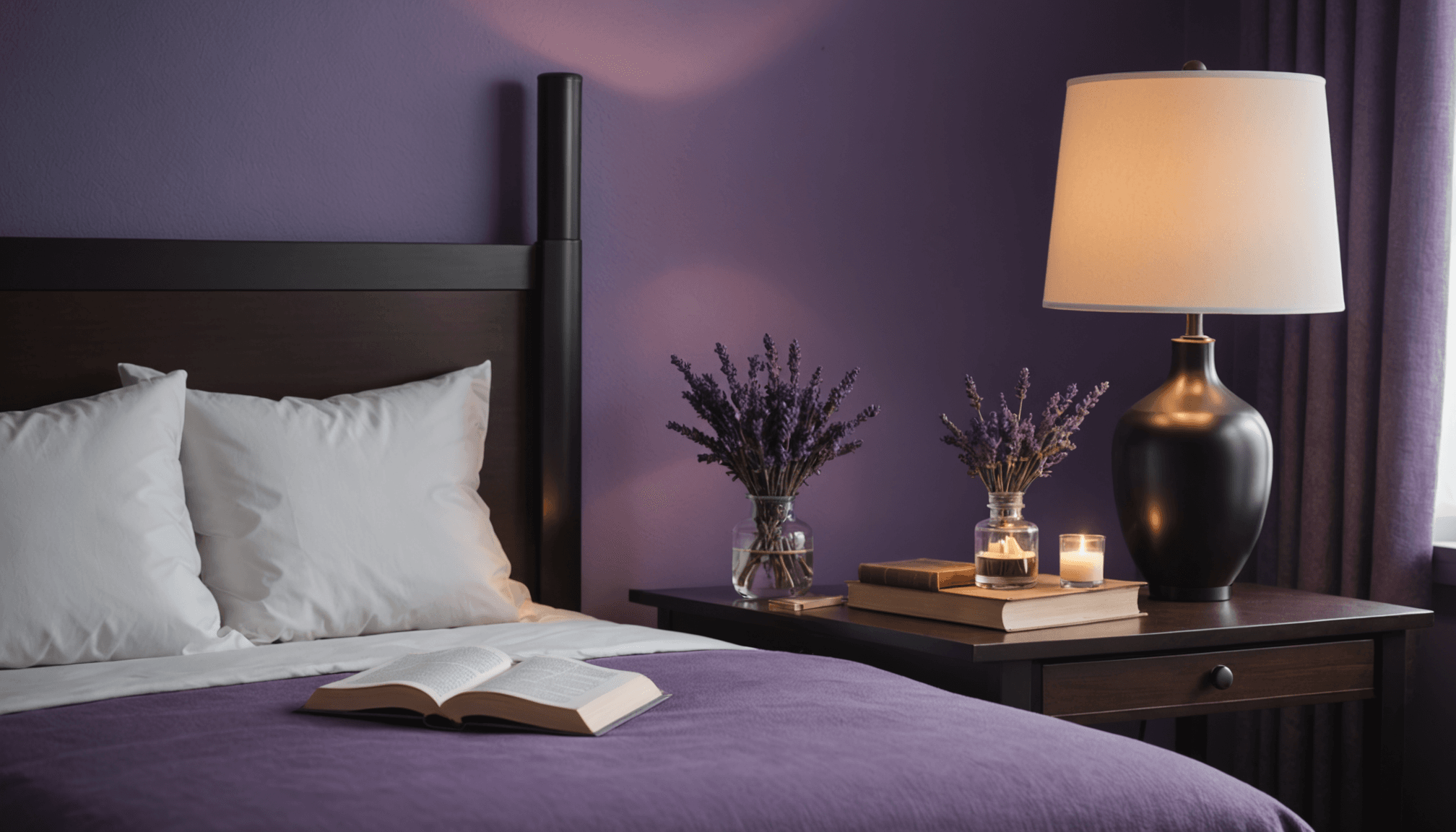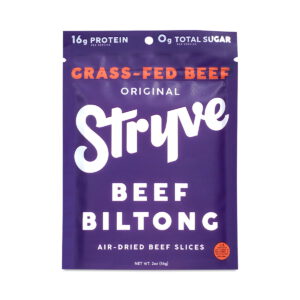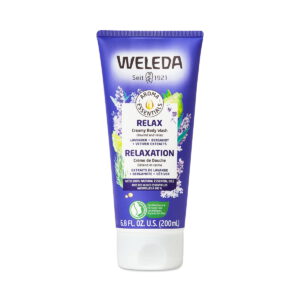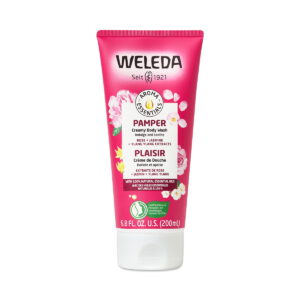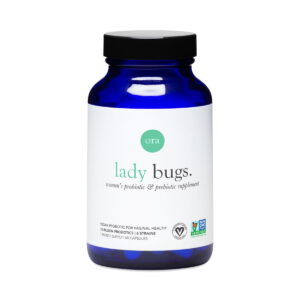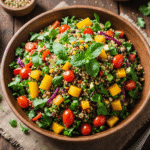- Planning your meals on the go
- Staying active during business trips
- Maintaining sleep hygiene while traveling
- Managing stress and maintaining mindfulness
- Choosing healthy snacks and beverages
- Tips for staying hydrated on the road
One of the keys to maintaining your health while traveling for work is effective meal planning. This approach not only keeps your energy levels stable but also helps you avoid the temptations of unhealthy fast food or overpriced snacks. Start by creating a grocery list before your trip. This ensures you avoid impulse buys and focus on the essentials.
When shopping for groceries, prioritize healthy eating by filling your cart with whole foods. Try to include:
- Fruits and Vegetables: These are crucial for packing vitamins and antioxidants. Opt for grab-and-go options like apples, bananas, or carrots which are easy to carry in your bag.
- Whole Grains: Look for brown rice, quinoa, or whole-grain wraps. These will provide sustained energy and can easily be paired with various proteins.
- Plant-Based Proteins: If you are a vegan or seeking healthier alternatives, consider chickpeas, lentils, or tofu. These can be incorporated into salads or bowls for a satisfying meal.
- Healthy Fats: Nuts, seeds, and avocados can easily add flavor and nutrition to your meals and snacks without taking up much space in your luggage.
- Budget-Friendly Options: Frozen fruits and vegetables are often less expensive and can be just as nutritious as fresh ones. They are convenient for smoothies or stir-fries.
When selecting food items, pay attention to ingredient safety. Check for any allergens or additives in pre-packaged foods. Additionally, if you’re exploring local markets, aim for organic produce when possible. It’s often fresher and more flavorful compared to its non-organic counterparts.
For families and busy professionals, preparing meals in advance can save you time and ensure you’re sticking to your nutritional goals. Consider batch cooking before your trip—prepare meals like soups, stews, or grain bowls that are easy to reheat.
Always remember the safety of online grocery shopping. Stick to reputable grocery delivery services and look for reviews. Be cautious about sharing personal information and ensure the website is secure—check for “https” in the URL. This will help keep your personal and payment information safe as you shop for healthy options while on the go.
With a little planning and awareness, you can maintain a healthy diet, even when traveling for work. Grab your notebook, make your list, and take control of your food journey!
Staying active during business trips
Maintaining an active lifestyle while on a business trip can often be overlooked amidst busy schedules and meetings. However, incorporating physical activity into your travel routine is essential for both physical and mental well-being. Simple adjustments and mindful choices can help you stay fit, boost your energy, and enhance your overall productivity during your trip.
Start by scouting out opportunities for exercise at your destination. Most hotels offer fitness facilities; however, if yours does not, consider alternative options. Many urban areas have running paths, parks, or gyms that offer day passes. Research these amenities in advance to create a plan that seamlessly integrates into your schedule.
Additionally, explore the local environment through walking or biking. Engaging in these activities not only helps you stay active but also allows you to explore the city and discover local attractions in a unique way. Walking meetings can also be effective; instead of sitting in a conference room, suggest a walk outdoors to discuss business matters. This can stimulate creativity and reduce the stress of a rigid agenda.
To provide a clearer picture of the best ways to stay active while traveling, here’s a comparative look at various exercise options:
| Activity | Benefits | Time Commitment | Equipment Needed |
|---|---|---|---|
| Hotel Gym Workout | Access to a variety of equipment; convenient | 30-60 minutes | Gym clothes, possibly workout shoes |
| Outdoor Running/Walking | Explore surroundings; fresh air | 20-60 minutes | Sneakers and comfortable clothes |
| Bodyweight Exercises (e.g., push-ups, squats) | No equipment needed; can be done anywhere | 15-30 minutes | None |
| Yoga | Improves flexibility; stress relief | 30-60 minutes | Yoga mat (or towel) |
| Local Classes (e.g., spin, Zumba) | Social interaction; access to guided workouts | 60-90 minutes | Varies (check with the studio) |
Integrating movement into your daily routine is also helpful. Set reminders to stand up and stretch or take short walks during breaks. This is particularly important if you find yourself sitting for long periods in meetings or on flights. Investing in a fitness tracker may encourage you to meet daily step goals, transforming your busy lifestyle into one that values movement.
Moreover, practicing dynamic stretching before and after your activities can prevent injury and aid in recovery, especially if you’re adjusting to new levels of exertion while traveling. Simple stretches targeting major muscle groups can be performed in your hotel room or during breaks.
Incorporating these strategies not only enhances physical activity but also supports mental clarity and emotional well-being, crucial for executing your work responsibilities effectively. Throughout your travels, prioritize staying active by embracing these travel tips, and you’ll find that maintaining your fitness routine can indeed fit into any bustling itinerary.
Maintaining sleep hygiene while traveling
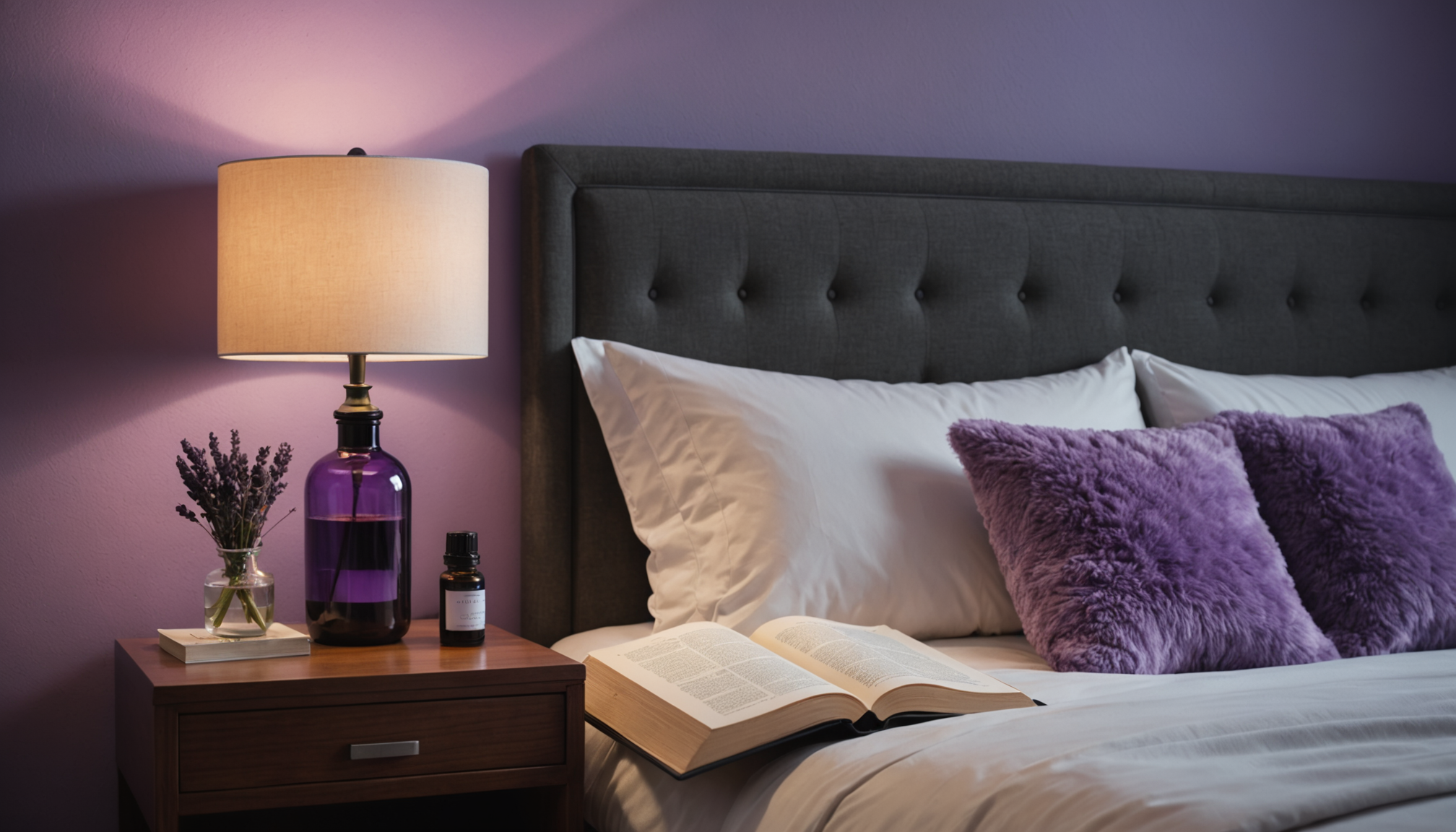
Sleep is often a challenge when traveling, especially for busy professionals juggling tight schedules and time zone changes. Prioritizing sleep hygiene can radically enhance not only your rest but also your overall well-being. Start by creating a sleep-conducive environment wherever your travels take you.
First, consider lighting. Exposure to natural light during the day can help regulate your body’s internal clock. When night falls, aim to reduce exposure to artificial light. If you’re staying in a hotel, use blackout curtains if available. Alternatively, an eye mask can be a game-changer. An essential oil diffuser with calming scents like lavender can also promote relaxation and signal to your body that it’s time to wind down.
Sound is another critical aspect to consider. If you’re in a noisy hotel or city, earplugs or a white noise app can create a more peaceful environment for rest. Even calming music or sleep sounds can help drown out distractions and facilitate deeper sleep.
Your bedtime routine plays a pivotal role as well. Treat it as sacred. Aim to engage in a relaxing activity before bed, such as reading a book or practicing gentle stretches. Steer clear of screens at least an hour before sleeping, as the blue light emitted by devices can disrupt your body’s natural production of melatonin, the sleep hormone. Instead, opt for a mindfulness practice or meditation to help your mind unwind.
When it comes to your diet, be mindful of what you consume in the hours leading up to bedtime. Avoid heavy meals and caffeine late in the day, as these can interfere with your ability to fall and stay asleep. Instead, consider a light snack before bed that promotes sleep, such as a banana or a small serving of almonds, both of which contain sleep-enhancing properties.
For those who struggle with sleeping in new environments, try using familiar items. Bringing along a pillowcase from home or a favorite blanket can often provide a sense of comfort and familiarity, making it easier to drift off to sleep.
Finally, don’t overlook the importance of hydration and its timing. While it’s essential to stay hydrated throughout your trip, consider moderating your fluid intake a couple of hours before you head to bed to avoid unnecessary trips to the bathroom. Water is crucial, but balance is key.
By implementing these strategies, you can make sleep hygiene a priority even while navigating the demands of work travel. Optimize your sleeping conditions regardless of location, and allow your body the rest it needs to remain at peak performance during your busy travel schedule.
Managing stress and maintaining mindfulness
Stress can be an inevitable part of travel, particularly for work. However, there are numerous techniques to manage it effectively and foster mindfulness, helping you maintain a sense of balance amidst your busy lifestyle. Start by acknowledging your stress triggers during travel—be it tight schedules, unfamiliar environments, or the pressures of effective communication with colleagues and clients. Recognizing these stressors is the first step toward implementing coping mechanisms.
Incorporating mindfulness practices into your travel routine can significantly enhance your emotional resilience. Daily meditation, even for just a few minutes, can create a calm foundation for the day ahead. Meditation applications can provide guided sessions that fit easily into your tight schedule, requiring minimal time commitment while offering substantial benefits. If you prefer something more tactile, consider carrying a small object like a stress ball or a fidget spinner, allowing you to ground yourself during moments of tension.
“You can’t stop the waves, but you can learn to surf.” – Jon Kabat-Zinn
Breathing exercises are another practical approach to managing stress while traveling. Deep, intentional breaths can activate your body’s relaxation response. Try inhaling slowly for a count of four, holding for a count of four, and exhaling for a count of six. This practice can be done discreetly before a meeting or during a break, allowing you to regain composure and clarity when needed most.
Maintaining a balanced routine is essential; consider scheduling short breaks throughout your day. These moments of reprieve can facilitate mindfulness and reflection, improving your focus for upcoming tasks. Even a brief walk can help clear your mind and give you a new perspective on the challenges ahead.
Additionally, journaling can serve as a beneficial tool for stress management during work trips. Set aside a few minutes each day to jot down your thoughts and feelings. This practice can provide an outlet for emotions, helping you process your experiences rather than internalizing them. Writing down accomplishments, however small, can shift your focus from stressors to positive affirmations, enhancing your overall mindset.
Another effective strategy is to embrace the local culture and engage authentically with your surroundings. Allocate time to explore local attractions, savor regional cuisine, and connect with the people you meet. This not only alleviates stress but can also enrich your travel experience, allowing you to create meaningful memories during your work trip.
Lastly, be aware of your technology use. While mobile devices contribute to connectivity, they can also escalate stress levels. Designate specific times to check emails and messages, avoiding the urge to stay constantly plugged in. This can help create a healthier relationship with technology, allowing for moments of respite that are essential for mental well-being.
By weaving mindfulness practices into your work travel routine, you can effectively manage stress and cultivate a greater awareness of the present moment. These strategies can transform your travel experience, equipping you with tools to navigate challenges, keep up with your healthy eating goals, and maintain a positive outlook even during the busiest of times.
Choosing healthy snacks and beverages
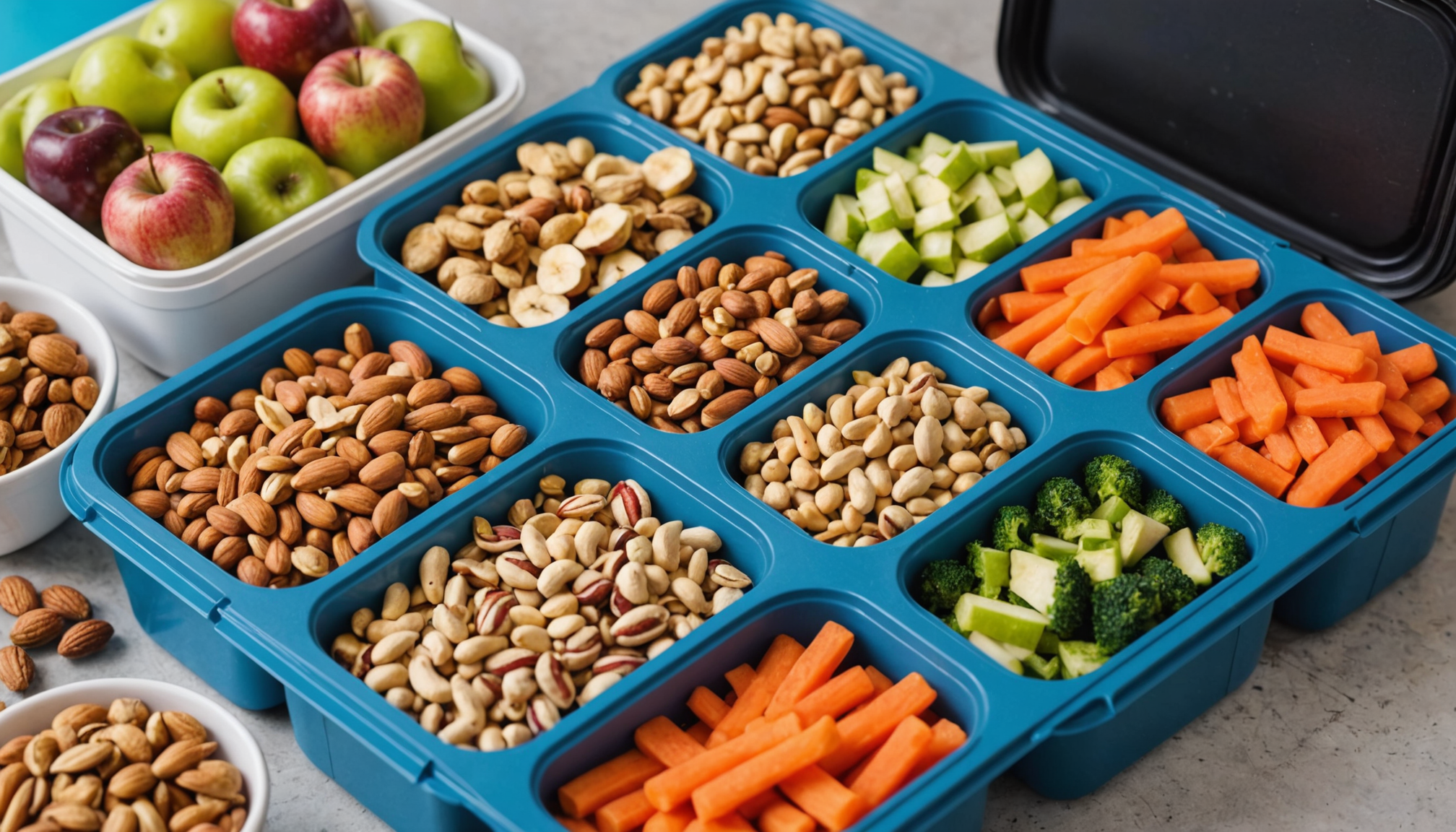 When traveling for work, snack choices can significantly impact your energy levels and overall health. Opting for nutritious snacks is crucial to avoid the midday slump often triggered by processed options high in sugar and unhealthy fats. Instead of reaching for chips or sugary granola bars, consider whole food alternatives that offer lasting energy and essential nutrients.
When traveling for work, snack choices can significantly impact your energy levels and overall health. Opting for nutritious snacks is crucial to avoid the midday slump often triggered by processed options high in sugar and unhealthy fats. Instead of reaching for chips or sugary granola bars, consider whole food alternatives that offer lasting energy and essential nutrients.
Incorporate a variety of snacks into your travel arsenal to stay satisfied throughout your busy lifestyle. Whole foods such as almonds, walnuts, or mixed nuts provide healthy fats and protein, which can help you feel fuller longer. For an energy boost, consider bringing along some energy bars made from natural ingredients—look for options with oats, nuts, and dried fruits, minimizing added sugars and artificial ingredients.
Fruits are another excellent option. Apples, bananas, and oranges are portable, easy to pack, and full of vitamins and fiber. Dried fruits like apricots or figs also serve as fantastic snacks, offering a natural sweetness without the added sugars found in many processed options.
Don’t forget about vegetables. Pre-cut carrots, celery sticks, and bell pepper strips can all be refreshing, low-calorie choices to help you stay on track with healthy eating during your travels. Pair them with a protein-rich dip, such as hummus or Greek yogurt, to make a satisfying and nutritious snack.
When it comes to beverages, it’s essential to choose wisely. Water should always be your primary source of hydration. However, if you’re looking for alternatives, consider unsweetened herbal teas or sparkling water with a splash of lemon or lime for flavor without added sugars. Avoid sugary sodas or high-calorie coffee drinks, as they can lead to energy crashes later on.
Carefully plan your snacks and drinks ahead of time. When you prioritize healthy options, you’ll not only maintain your wellbeing but also feel more energized and alert to tackle the demands of your business trip.
- What are some quick healthy snacks I can bring on a business trip?
- Healthy snacks like trail mix, fruits such as apples or bananas, and pre-cut vegetables with hummus are great options. They are portable and provide sustained energy without packing in empty calories.
- How can I avoid unhealthy snacks at the airport?
- Prepare ahead by packing your own healthy snacks in your carry-on. Look for convenience stores at the airport that offer fresh fruits, nuts, or yogurt instead of indulging in junk food from vending machines.
- What drinks should I avoid while traveling?
- Avoid sugary sodas, energy drinks, and high-calorie coffee beverages. Instead, stick to water, unsweetened teas, and infused water to stay hydrated without excess calories.
- How can I make healthy snack choices at restaurants?
- When dining out, look for dishes that include fresh vegetables, whole grains, and lean proteins. Consider ordering appetizers to share, allowing you to try multiple healthy options without overindulging.
- Are pre-packaged snacks ever healthy?
- Some pre-packaged snacks can be healthy, but it’s essential to read labels carefully. Look for options with minimal added sugars and ingredients you can recognize, such as nuts, seeds, or dried fruits.
- How can I keep my snacks fresh while traveling?
- Use insulated containers or small cooler bags with ice packs to keep perishable snacks fresh. Items like yogurt, cheese, and cut fruits will stay fresher longer when kept cool.
- Can I find healthy options in convenience stores?
- Yes, many convenience stores now offer healthier options like fresh fruits, nuts, yogurt, and whole-grain snacks. Look for these choices rather than processed foods high in sugar and unhealthy fats.
Tips for staying hydrated on the road
Staying hydrated while on the road is crucial for maintaining your energy, focus, and overall health, especially during busy work travels. Many people underestimate the importance of proper hydration, which can lead to fatigue, headaches, and reduced cognitive function. Here are some practical tips to ensure you stay adequately hydrated, whether you’re navigating airports, meeting clients, or working late hours.
First, make it a habit to carry a reusable water bottle that you can refill throughout the day. This not only keeps your hydration goals on track but also contributes to reducing plastic waste. Many airports and hotels now offer water refill stations, making it easy to top up without resorting to buying bottled water. Choose a sturdy bottle that can keep your drinks cool or hot, catering to your preference for temperature.
If you’re traveling by plane, it’s crucial to drink plenty of water before and during your flight. Airplane cabins have low humidity, which can lead to dehydration. Mix in herbal teas or coconut water for a natural electrolyte boost that can elevate your hydration game. Avoid excessive caffeine or alcoholic beverages, as these can further dehydrate you and disrupt your sleep.
While you’re at your destination, opt for water-rich foods to enhance your hydration. Snack on fruits and vegetables with high water content, such as:
- Watermelon: Refreshing and hydrating, this fruit helps quench your thirst.
- Cucumber: Crisp and refreshing, cucumbers are perfect added to salads or as a snack.
- Strawberries: Sweet and satisfying, strawberries are packed with vitamins and hydration.
- Celery: Crunchy and hydrating, celery can be paired with hummus for a delicious grain-free snack.
Don’t forget the importance of electrolytes, particularly if you’re active during your travels. Consider electrolyte powders or tablets that can be mixed with water, especially after workouts or long walks. These can help replenish lost salts and minerals while keeping your hydration levels intact.
Be mindful of your surroundings when sourcing beverages. At restaurants, skipping the soda and choosing water or unsweetened tea can significantly cut down on sugar intake. If you prefer flavorful drinks, look for sparkling water with a splash of natural fruit juice.
When it comes to grocery shopping, whether in person or online, keep an eye out for healthy hydration options. Check labels for added sugars in flavored waters, and opt for drinks with minimal or no additives. If shopping online, ensure the delivery service carefully handles products, particularly items sensitive to temperature.
Lastly, consider setting reminders on your phone to drink water at regular intervals, especially if you’re busy working through your travel itinerary. Incorporate hydration breaks into your schedule so that taking care of your hydration needs becomes a seamless part of your daily routine.
By actively considering your hydration needs and making deliberate choices, you’ll enhance your overall well-being and combat the dehydration that often accompanies a busy lifestyle on the go.
New Customers Offer!
Free Gift for the new customer
$24 Value, When You Subscrib Visit Thrive Market
